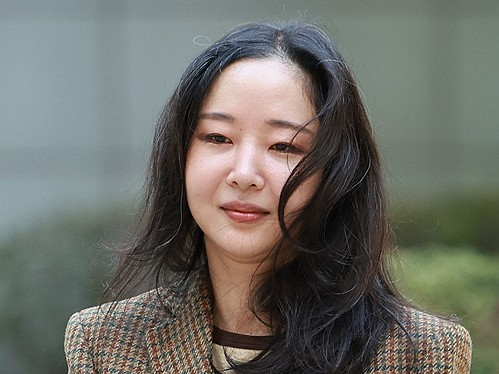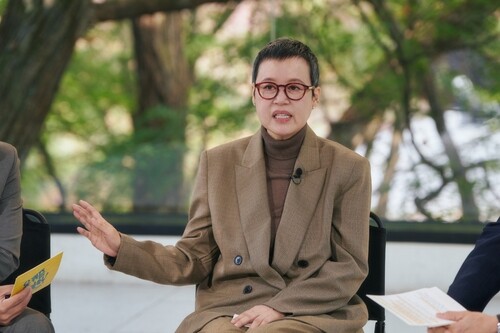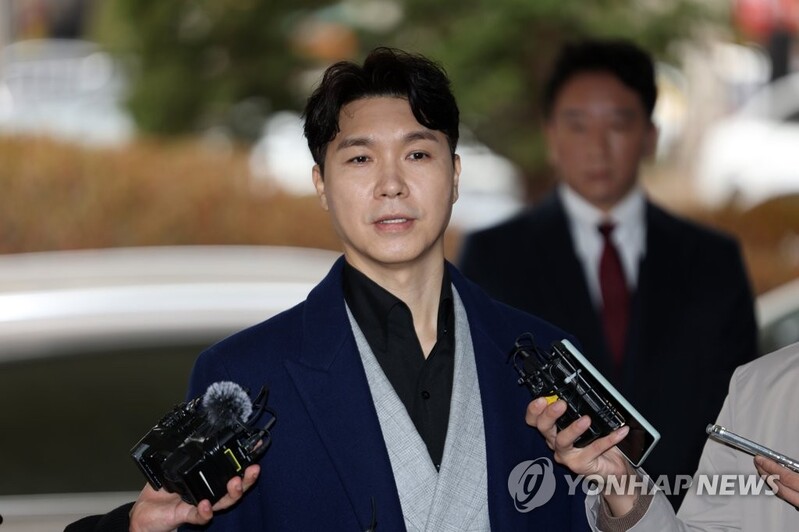dailies-editorials (2)
(EDITORIAL from Korea Times on Aug. 1)
Shifting security landscape
Alliance should be fortified via Camp David summit
The security situation surrounding the Korean Peninsula has shown signs of rapid change. Vividly dramatizing this, North Korea recently hosted an event in Pyongyang on July 27, which it calls "Victory Day," to commemorate the 70th anniversary of the 1953 Korean Armistice Agreement that halted fighting in the 1950-53 Korean War. It also held a massive military parade displaying its nuclear-capable missiles with the attendance of delegates from China and Russia who sat beside North Korean leader Kim Jong-un.
The scene again illustrated that both China and Russia are patronizing the North despite its continued military provocations in violation of United Nations resolutions. It is deplorable for Beijing and Moscow to support Pyongyang notwithstanding its escalation of regional tensions. This is inappropriate given that the two nations are permanent members of the U.N. Security Council and thus the most responsible members of the international community. We express strong regret for such moves.
North Korea has vowed to cope sternly with the current international conflicts in close cooperation with China and Russia. The North's official Korean Central News Agency quoted Kim as having pledged to "proactively tackle the situation through closer strategic and tactical cooperation" with China and Russia when he met the delegates from the two nations.
The agency reported Pyongyang and Moscow "reached consensus" on diverse issues without specifying details. This shows North Korea has been eager to prioritize Russia over China. In fact, Russia dispatched its Defense Minister Sergei Shoigu who accompanied Kim during their tour of an exhibition of military weapons. This has stoked concerns that the two are fortifying military cooperation.
For starters, Russia might be attempting to purchase military weapons from the North as it has been struggling amid the protracted war in Ukraine. The North, for its part, seems eager to acquire Russia's state-of-the-art technologies in a bid to build up nuclear and missile capabilities. Any collusive ties between the two sides will likely have a far-reaching negative impact on the security situation on the Korean Peninsula.
The White House said earlier that Pyongyang already offered rockets and missiles to Wagner Group, a mercenary firm for Russia, late last year. Any trading of military weapons with North Korea infringes upon the U.N. resolution and should be subject to strict retaliation from the international community.
Against this backdrop, it is significant that the heads of state of South Korea, the United States and Japan will get together in the U.S. on Aug. 18. While officially announcing the summit plan on Saturday, the White House said the three leaders ― President Yoon Suk Yeol, U.S. President Joe Biden and Japanese Prime Minister Fumio Kishida ― will focus on how to respond to the North's growing military threats.
The summit holds significance as it comes when the North, China and Russia are coming closer than ever. It is the first time for the leaders of the trilateral alliance to meet for summits only among themselves. The leaders are expected to closely discuss how to strengthen cooperation to help promote safety and peace on the Korean Peninsula. They will also likely talk about the so-called "wolf warrior diplomacy" coupled with economic pressures adopted by China.
It is time to fortify the security posture based on a solid alliance between South Korea and the U.S. to cope with the intensifying nuclear intimidation from the North. During the summit, to be held at Camp David, the three allies should come up with a joint statement calling on China and Russia to act responsibly for peace on the peninsula.
On the other hand, as difficult as it may be, Yoon and his top diplomatic aides should also ponder how to maintain relations with China and Russia smoothly, while strengthening cooperation with the U.S. and Japan. It should not be a zero-sum game. Brisker and more prudent diplomatic activities should be made to prevent relations with Beijing and Moscow from becoming bumpier.
(END)
(C) Yonhap News Agency. All Rights Reserved









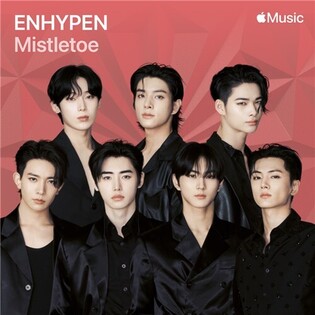

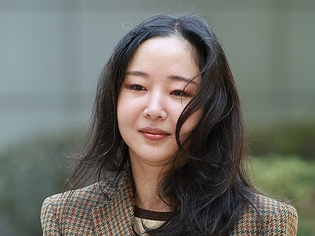


![[가요소식] 재주소년 콘서트 '예쁜 노래를 불러보자'](https://korean-vibe.com/news/data/20251113/yna1065624915925440_516.jpg)
